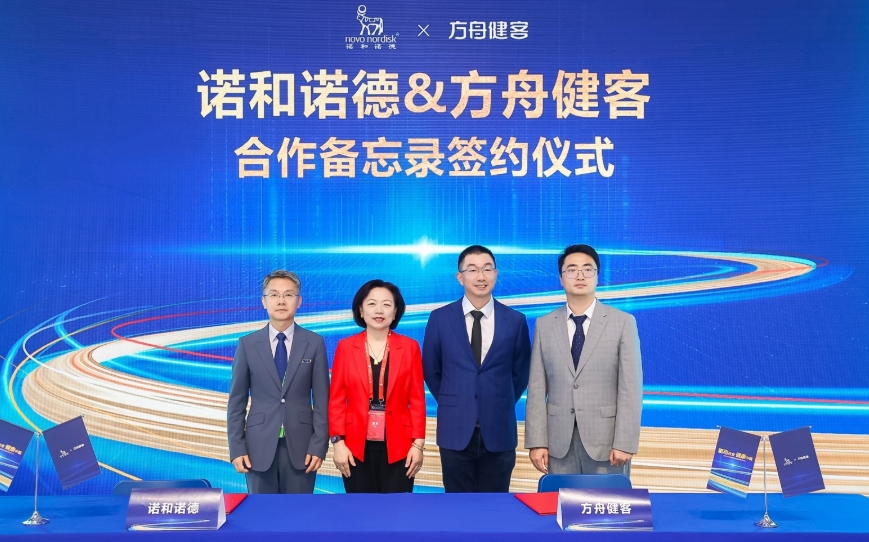
Image credit: shutterstock
Gilead Sciences announced data from multiple studies highlighting the clinical benefit and differentiation of its hepatitis treatments, as well as Gilead's ongoing commitment to liver research to advance the elimination of viral hepatitis in Asia.
Data from three tenofovir (TFV)-based studies for the treatment of hepatitis B (HBV) presented at the conference showed that at treatment initiation few patients at low risk of hepatocellular carcinoma (HCC) progressed to higher risk, while many medium- or high-risk patients improved to lower risk of HCC after long-term TFV treatment.
Data from a Phase 2 study of TFV disoproxil fumarate (TDF) vs. TDF/emtricitabine (FTC) in immune-tolerant (IT) patients and two Phase 3 studies, comparing tenofovir alafenamide (TAF) vs. TDF in immune-active (IA) patients were used to generate HCC risk scores by using Modified PAGE-B (mPAGE-B), a tool to predict 5-year HCC risk (low-risk [0-≤8], medium-risk [9-12], and high-risk [≥13]).
In hepatitis C, a Phase 3b study looking at treatment-naïve and treatment-experienced chronic hepatitis C (CHC) patients in Korea showed that treatment with sofosbuvir/velpatasvir and sofosbuvir/velpatasvir/voxilaprevir achieved high sustained virological response with no on-treatment virologic failure or treatment-related serious adverse events. In another study evaluating potential drug-drug interactions (DDIs) in Korean CHC patients using widely available direct acting antivirals, sofosbuvir/velpatasvir showed a favourable DDI profile despite the high rates of comorbidity and comedications among the aging trend of the CHC population in Korea.




